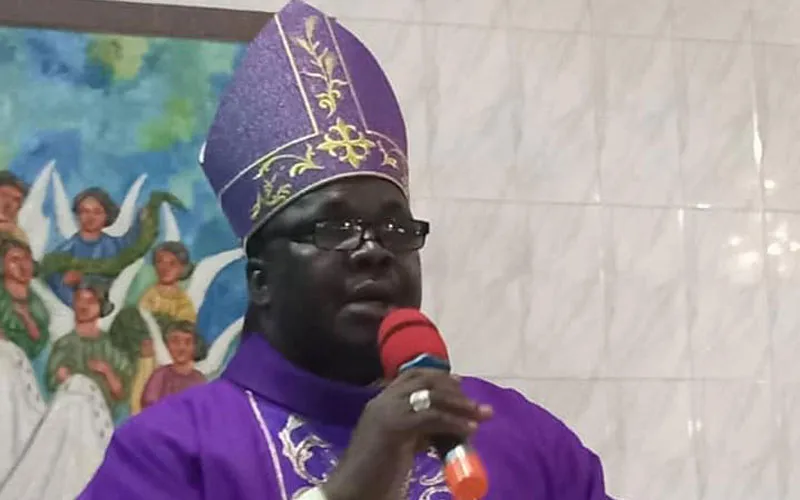In line with the message of Ash Wednesday that calls on the people of God to change their ways since “God is not amused and he will judge you accordingly,” the 59-year-old Bishop urges Christians to “speak truth to power but also to sinners wherever they may be found in politics, the economy or in the civil service. Anywhere!”
“Our leaders must lead honestly, courageously and purposefully and stop the injustice, violence and bloodshed all over the country, so that our prayers may reach God,” he says, cautioning the political leadership in Nigeria against “God’s punishment” if they fail to live up to the highlighted values.
“If on the other hand leaders are not able to provide this basic need they should step aside,” Bishop Badejo says in his Ash Wednesday message, and adds, “Without justice equity and mercy, no society can stand. In fact, Christians and Muslims and all are called to this task.”
Ranked the 149th most corrupt nation out of 180 countries sampled by Transparency International’s Corruption Perception Index, the West African country has also been the centre of kidnappings and killings that seem to target Christians.
The recent case of the atrocities was that of Fr. John Gbakaan, a Clergy of the Diocese of Minna, who was attacked and murdered by unknown gunmen.
Last December, the US State Department declared Nigeria a country of particular concern (CPC) which is a formal designation for countries where the worst violations of religious freedom are taking place including China, Saudi Arabia and North Korea.
The action by the State Department was appreciated by the Supreme Knight of the Knights of Columbus, Carl Anderson, who said, “Nigeria’s Christians have suffered grievously at the hands of Boko Haram and other groups.”
In his Ash Wednesday message, Bishop Badejo encourages the seeking for perfection during Lent saying, “Let us work for it and then God will fulfill his wonderful promises as he made through the prophets. He will save us by the power of his son.”
Making reference to Pope Francis’ Lenten message, the Local Ordinary of Oyo Diocese who doubles as the President of the Pan African Episcopal Committee for Social Communications (CEPACS) calls on Christians in Nigeria to abstain from “selfishness, anger, gossip, greed, complaints, bitterness, sexual immorality, grudges and pessimism so that our prayers can reach God.”
“Nigerians may stage the biggest crusades on earth and sing the loudest praise worship on the planet if we don’t work for justice and equity, shun falsehood and oppression, we shall come to ruins,” he says.








